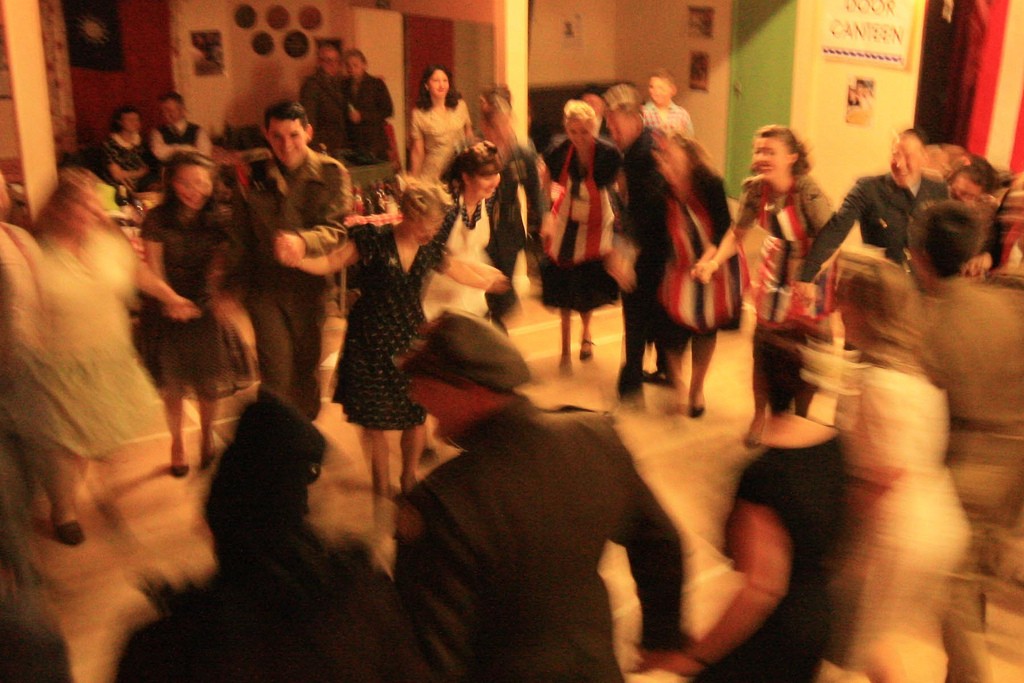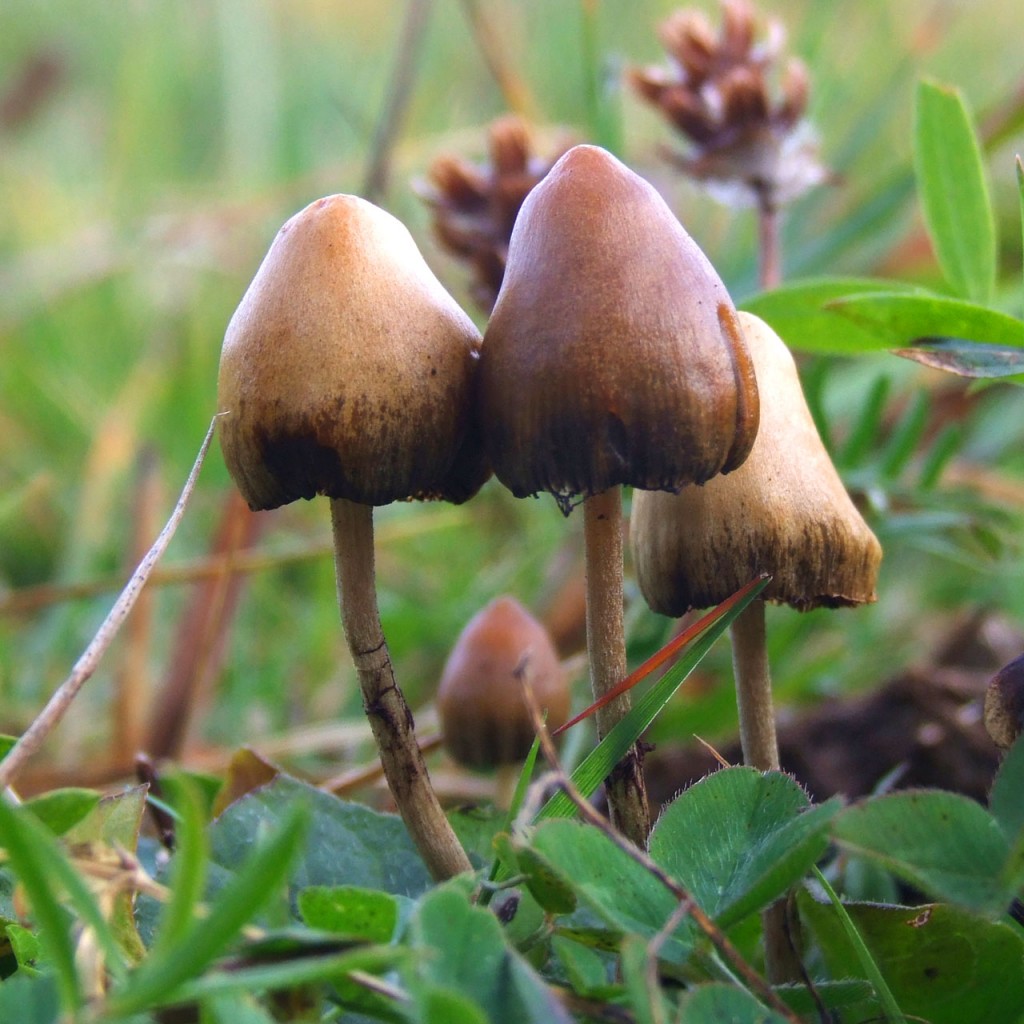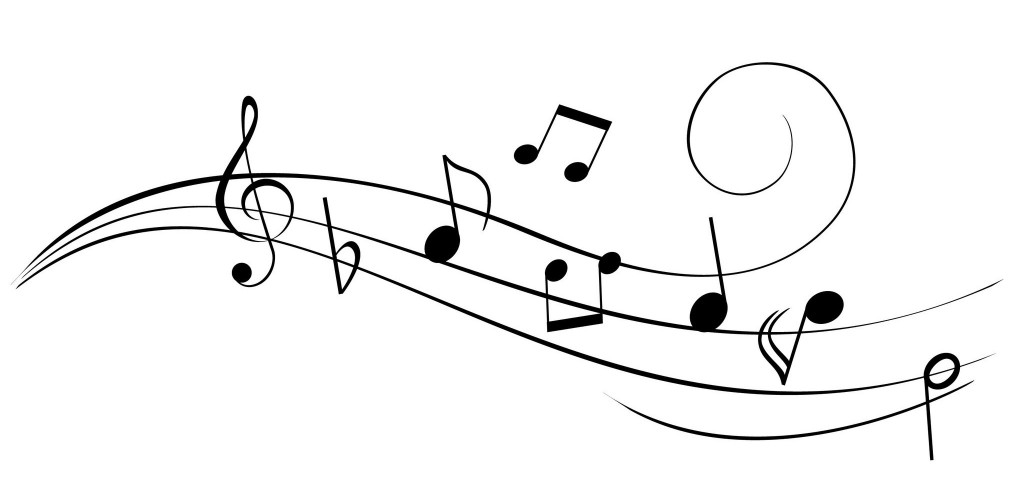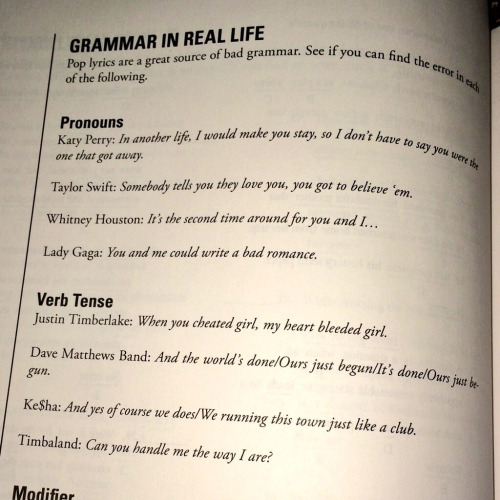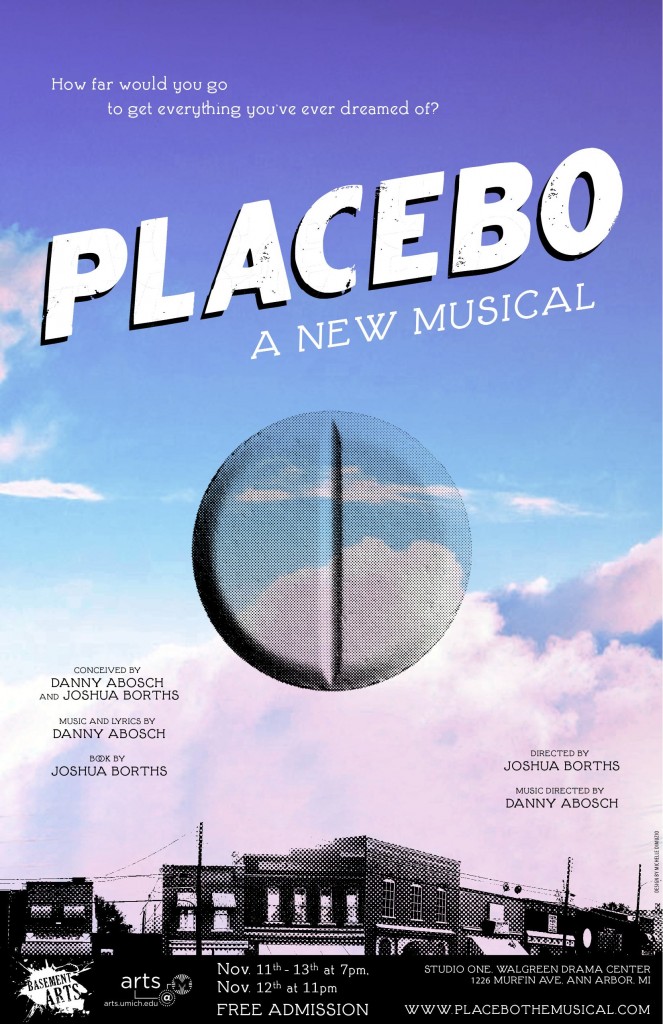
An update on the migrant vs. refugee word usage issue: one media outlet is doing the right thing.
Last week, Al Jazeera English announced that it was no longer using the word migrant. As Barry Malone, the online editor of the news outlet, wrote on its blog:
“The umbrella term migrant is no longer fit for purpose when it comes to describing the horror unfolding in the Mediterranean. It has evolved from its dictionary definitions into a tool that dehumanises and distances, a blunt pejorative.
…
“When we in the media do this, when we apply reductive terminology to people, we help to create an environment in which a British foreign minister can refer to “marauding migrants,” and in which hate speech and thinly veiled racism can fester.
“We become the enablers of governments who have political reasons for not calling those drowning in the Mediterranean what the majority of them are: refugees.
…
“For reasons of accuracy, the director of news at Al Jazeera English, Salah Negm, has decided that we will no longer use the word migrant in this context. We will instead, where appropriate, say refugee.”
* * * * *
“Mediterranean migrants: Deadly capsize ‘captain’ in court” — BBC
“The grim job that haunts Italy’s migrant patrols” — CNN
“A Magnet For African Migrants, Italy Seeks A New Approach” – NPR
“What happens to African migrants once they land in Italy during the summer?” — The Independent
“After rescue, a long, agonizing wait for migrants in Italy” — Yahoo News
According to the Oxford English Dictionary, a migrant is “a person who moves from one place to another in order to find work or better living conditions.” A refugee is “a person who has been forced to leave their country in order to escape war, persecution, or natural disaster.”
Are the thousands of desperate people who are fleeing a chaotic and dangerous war-torn Libya and risking their lives to cross perilous waters in overcrowded dinghies to escape their homeland really “migrants”? Are they not “refugees“?
~~~~~~~~~~~~

